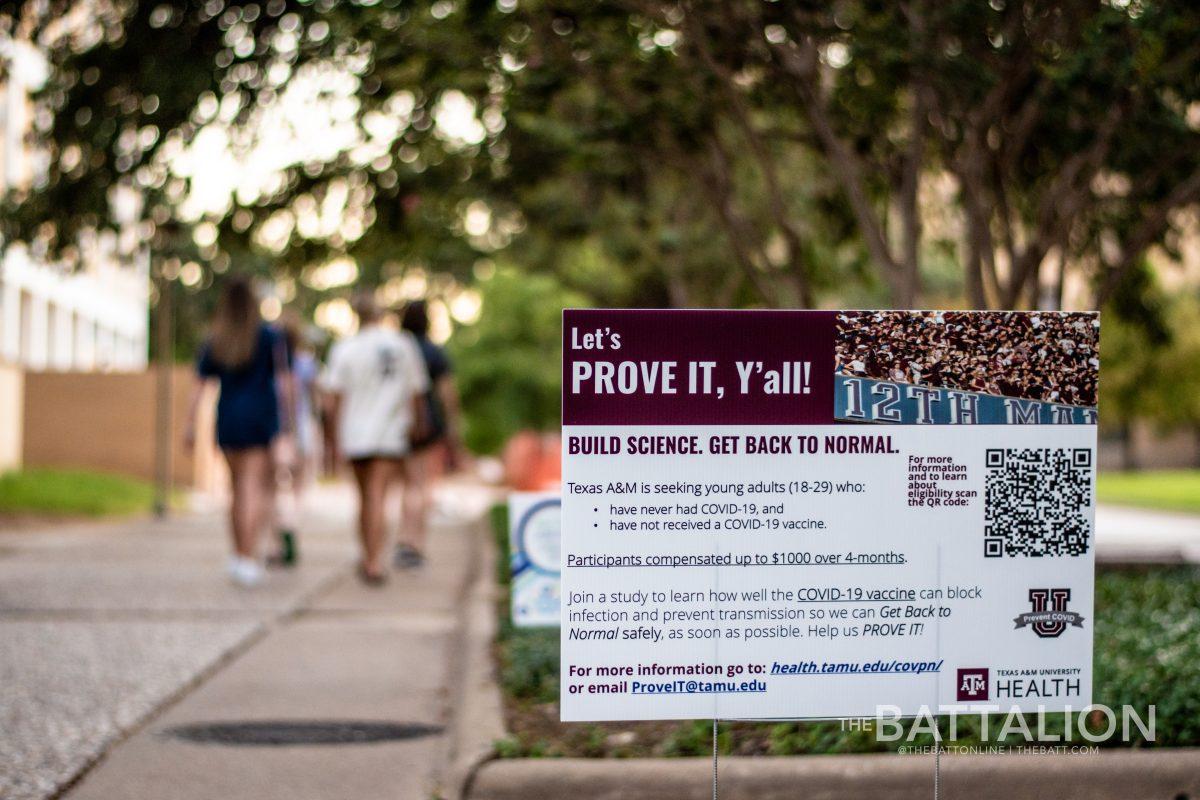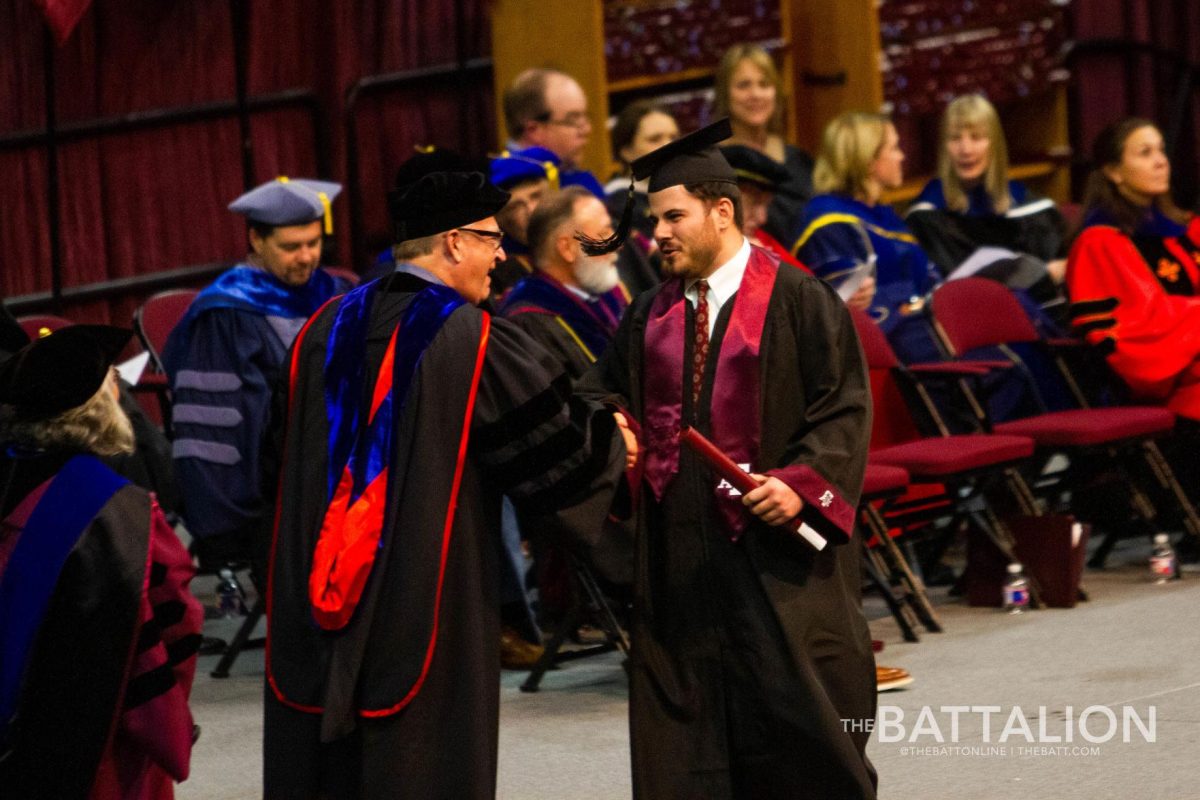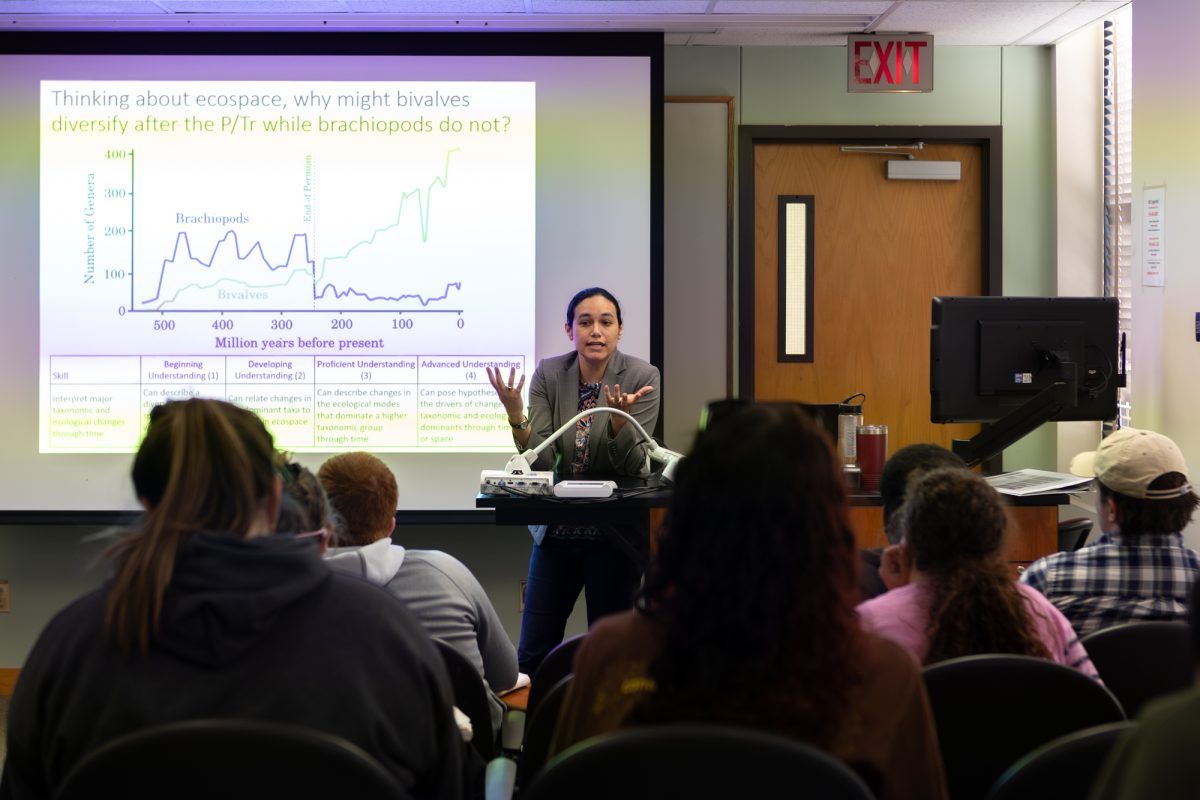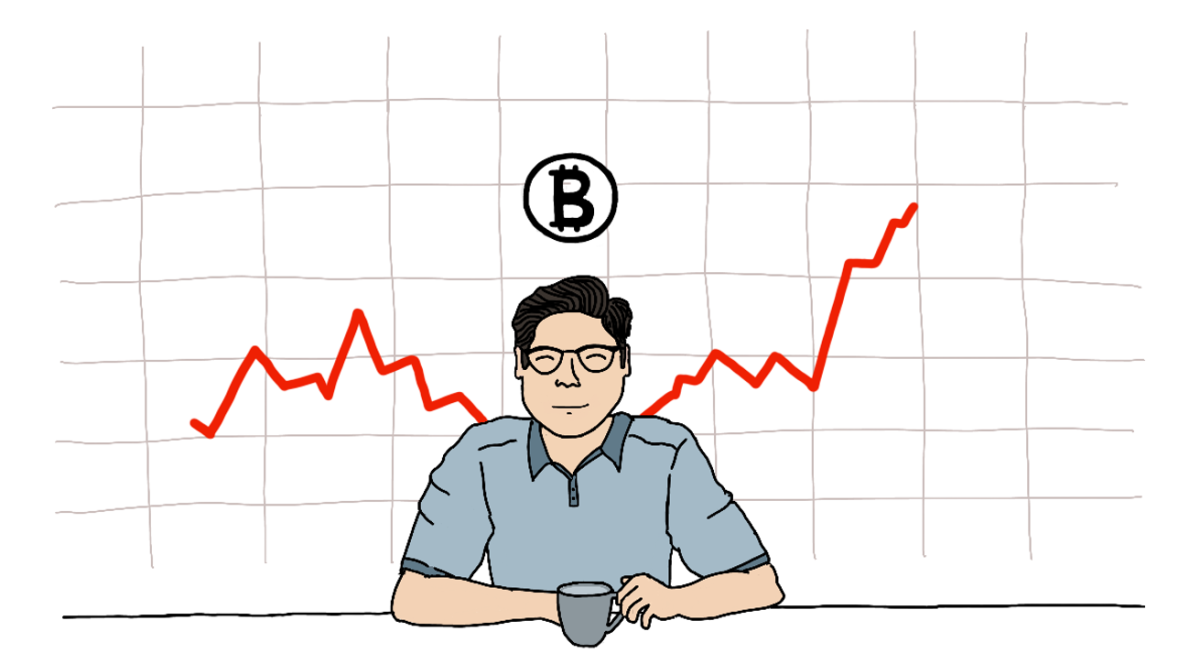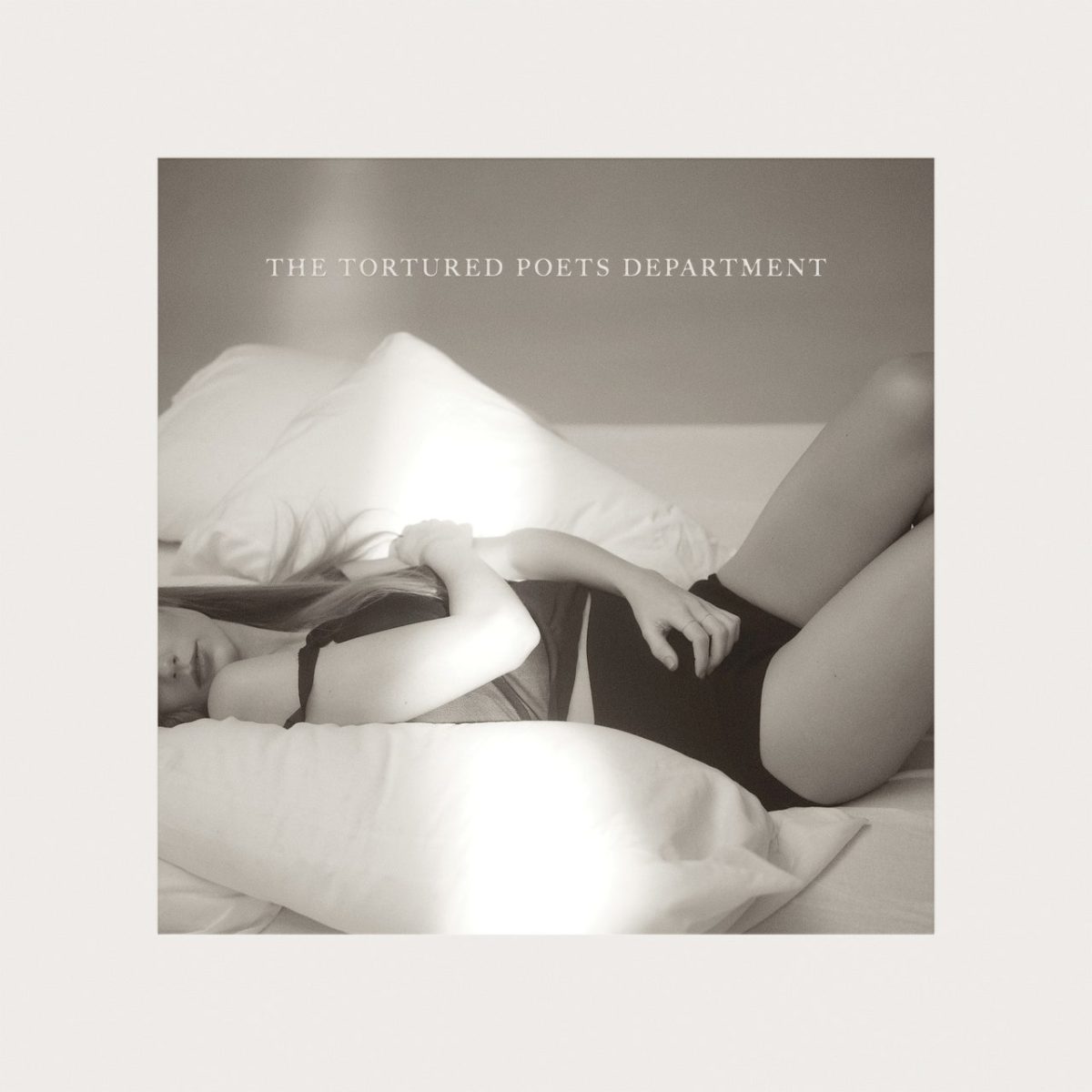Going through four waves of COVID-19 in the past year and a half, you have to ask yourself how we got here. Like generations before me, I blame television.
In the past few decades, we’ve seen too many disaster movies about major diseases infecting population centers and threatening global destruction. Hollywood blockbusters have set expectations of mass chaos, bodies being burned in the streets and hazmat-wearing government agents quarantining whole towns in big plastic bubbles during pandemics. Right-wing news outlets and social networking platforms have enthusiastically taken advantage of uninformed or inaccurate expectations set by dystopian media, stressing our disconnect from the reality of COVID-19, to present dangerous misinformation.
Without any personal experience for reference, many assume that whatever they see on-screen reflects the real world. When speaking with people who deny the severity of COVID-19, I’ve found that many say things like, “it’s no worse than the flu,” “hospitals are faking COVID-19 cases” and “I don’t know anyone who’s died from it.” Regardless, it’s pretty safe to say Dustin Hoffman isn’t going to save us.
I know America’s medical system gets a bad rep, but its infrastructure at least prevents us from living out these horrors, leaving many Americans to rationalize what they see against what they believe. Less developed countries like India have not been as fortunate in avoiding all these tropes, pointing out that under different circumstances maybe the horrors of the pandemic would be more clear to people.
These unmet expectations for what a pandemic should be have been hijacked, exacerbating the problem. News outlets, the politicization of COVID-19 and online conspiracy theories play a large part in this process by spreading misinformation. Increases in Fox News viewership were found to reduce a resident’s propensity to stay home in any given zip code. Exposure to social media and conservative media similarly increases one’s likelihood of believing COVID-19 misinformation. For example, “Hannity” was found to have a larger impact on one’s likelihood of contracting COVID-19 than other news sources.
Unfortunately, with how COVID-19 played out in the age of disinformation, a quarter of Americans believe COVID-19 was a “plandemic,” or planned pandemic. COVID-19 skepticism is now also an ingrained feature of one of two of America’s major political parties. About one in three Republicans don’t plan on getting vaccinated compared to only one in twenty Democrats. We will likely never reach enough vaccinated people for full herd immunity in the United States, largely as a result of this group, despite its best efforts to scapegoat others.
At this point, I don’t see COVID-19 ever going away. Best-case scenario, it evolves to become less lethal and fades into the plethora of other seasonal diseases. Soon we may have flu, cold and COVID-19 season. An even greater future threat is that many have now been inoculated against acting properly in potential future health crises.
Having said that, what can I, as a student, do to try and combat the spread of COVID-19? Honestly, not as much as I’d like. I’m definitely getting a booster shot the moment it becomes available. I’ll also happily comply with Texas A&M’s testing policies to ensure the safety of my fellow Aggies. But at a certain point there has to be a reckoning.
For a year and a half, I and many others have made major changes to their daily lives and sacrifices to their mental health, from self-isolating for long periods of time to abandoning hobbies and distancing from support groups. In contrast, others have not done the bare minimum and effectively sabotaged the formers’ efforts out of spite. Vaccinated people should not be punished over the non-vaccinated. If the unvaccinated make decisions that inhibit the freedom of others, then they’re also capable of facing consequences for their decisions.
Countries like France have allowed their citizens the choice of being vaccinated and participating in heavily crowded venues or being unvaccinated and not. France’s mandatory Health Pass had overwhelming support among its population, and it even resulted in a major surge in vaccinations.
If measures similar to France’s or even just vaccine passports were implemented in the United States, there would certainly be pushback. As a nation, we need to recognize that we have tried to compromise and appeal to an unreasonable vocal minority for far too long. As a result, we as a society have developed to accommodate some of the worst possible solutions and attitudes toward problems in the name of amicability. Well respected science-fiction writer and advocate Isaac Asimov identified this problem in 1980, saying, “There is a cult of ignorance in the United States, and there has always been. The strain of anti-intellectualism has been a constant thread winding its way through our political and cultural life, nurtured by the false notion that democracy means that my ignorance is just as good as your knowledge.”
If we want to move into a future where policy and national attitude is based on evidence and reality instead of disaster movies and media bias, our first step is to expose and confront these contradictions.
Zachary Freeman is an anthropology senior and opinion columnist for The Battalion.

















